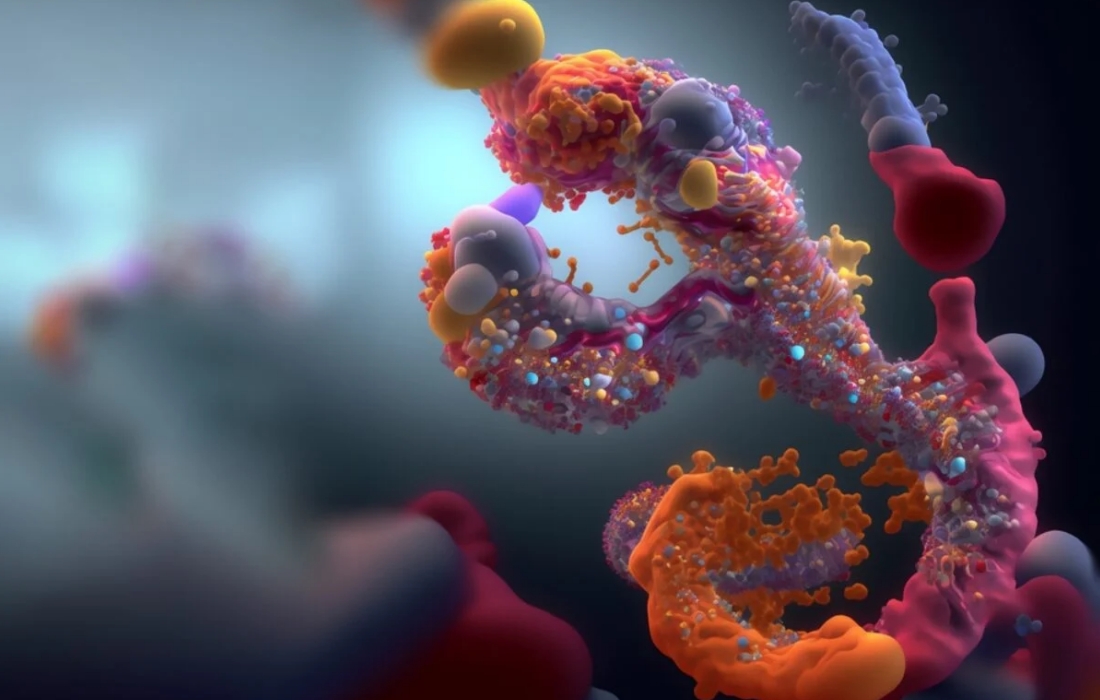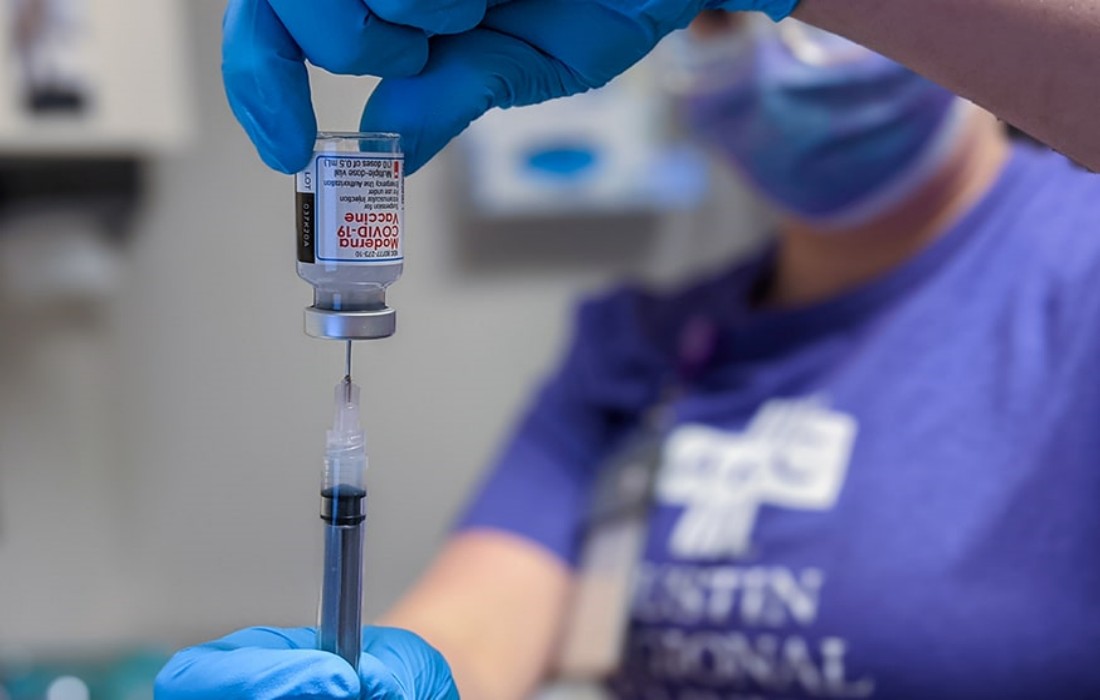A rare disease is defined as a health condition that affects fewer than 200,000 people in the US alone. This means that many sufferers may struggle to find doctors who understand their condition and can provide adequate care. In addition, few treatments exist for these conditions due to limited resources dedicated to researching them.
This lack of knowledge and resources has major implications not only for those affected by these illnesses but also for society at large. For example, studies have found that less than 5% of all cases involving rare diseases get diagnosed correctly within a reasonable timeframe; this leads to long delays in treatment which can cause further detriment and worsen the quality of life for those affected. As well as this, the financial burden associated with managing rare diseases is estimated to be around $7 billion annually a figure which includes direct medical costs such as hospital visits alongside indirect costs like lost productivity from disability or lost wages from premature death or disability due to complications from untreated illness.
 The good news is that there are steps being taken towards tackling this crisis: for instance, organizations like Global Genes work tirelessly on behalf of rare disease patients by providing research grants, advocacy support, and access to a range of healthcare services; other initiatives such as Rare Disease Day (held annually on February 28th) strive towards education about these conditions while raising awareness among professionals working in both the medical field and policymakers alike.
Finally, it’s important to remember that while progress has been made in terms of recognizing this hidden health crisis its effects remain largely overlooked so much more needs to be done if we want sufferers of rare diseases to receive adequate treatment and support needed for them to lead healthy lives without fear or stigma attached their diagnoses
The good news is that there are steps being taken towards tackling this crisis: for instance, organizations like Global Genes work tirelessly on behalf of rare disease patients by providing research grants, advocacy support, and access to a range of healthcare services; other initiatives such as Rare Disease Day (held annually on February 28th) strive towards education about these conditions while raising awareness among professionals working in both the medical field and policymakers alike.
Finally, it’s important to remember that while progress has been made in terms of recognizing this hidden health crisis its effects remain largely overlooked so much more needs to be done if we want sufferers of rare diseases to receive adequate treatment and support needed for them to lead healthy lives without fear or stigma attached their diagnoses

Hi~Living Deals from "Zero Restriction"











